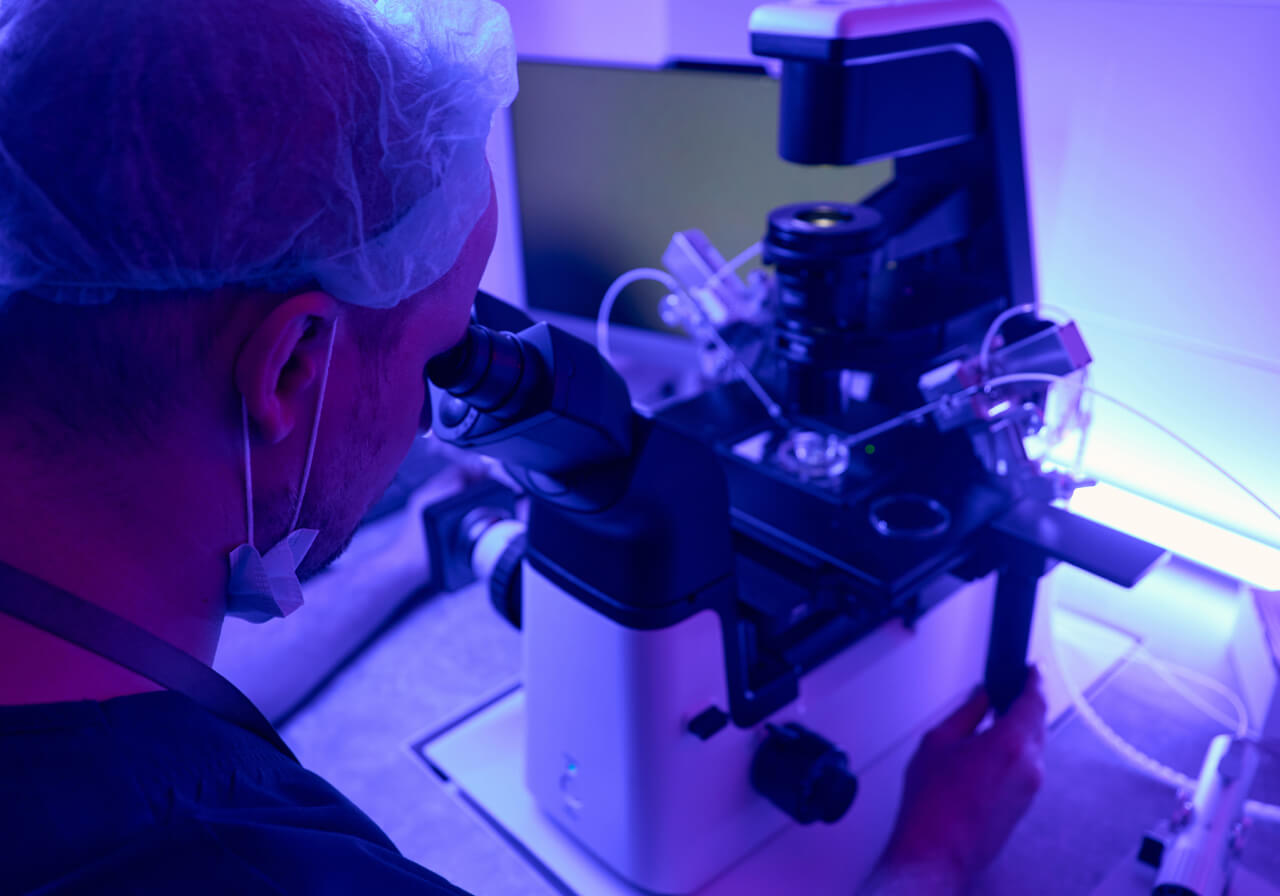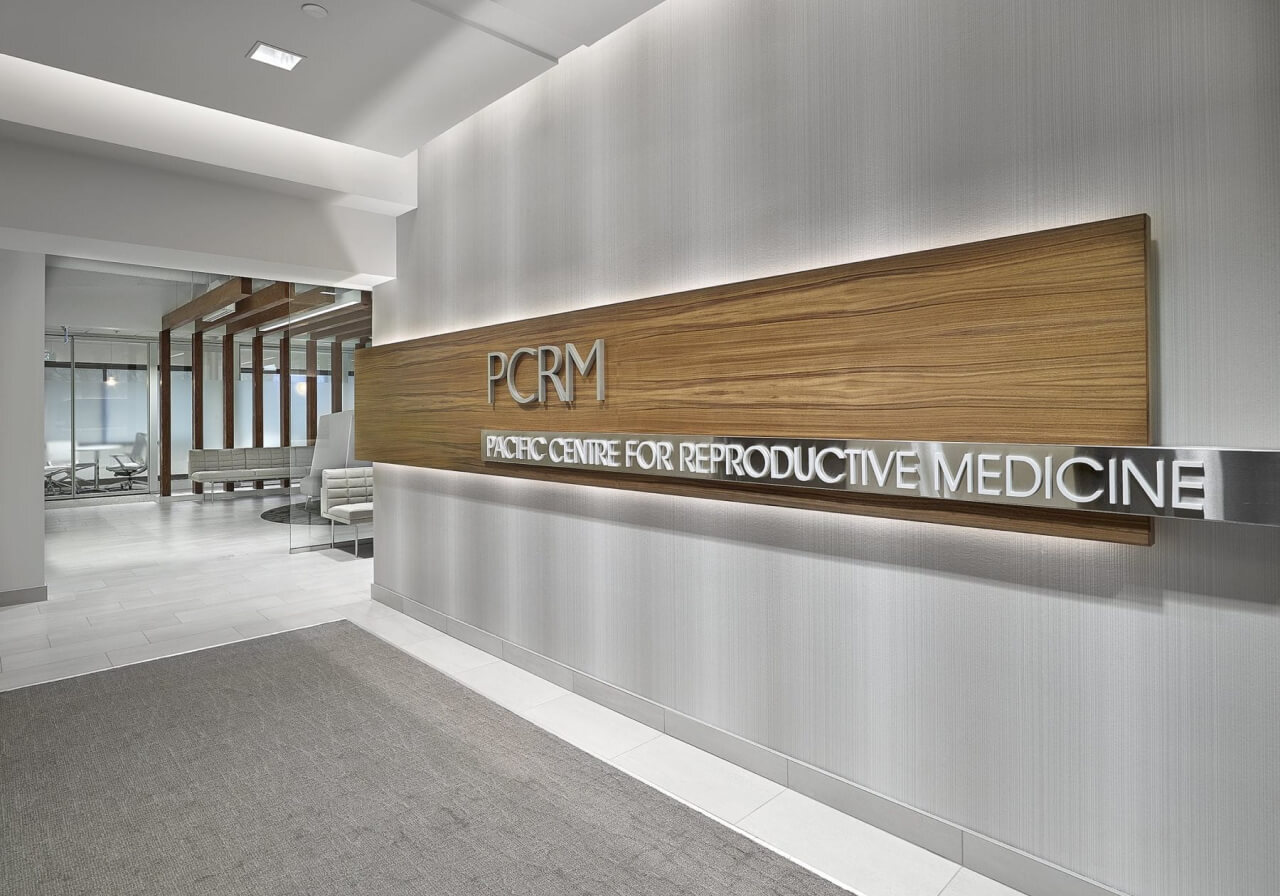The different types of PGT include:
- Preimplantation genetic testing for aneuploidy (PGT-A): testing for missing/extra chromosomes that would lead to a non-viable embryo or extra chromosomes that cause genetic differences like Trisomy 21 (i.e., Down Syndrome)
- Preimplantation genetic testing for monogenic/single gene defects (PGT-M): testing for specific genetic conditions or chromosomal defects (e.g., Huntington’s disease, Muscular Dystrophy, BRCA breast cancer gene, etc.)
-
Altogether, there are 46 chromosomes (23 pairs) in each human cell. Not too long ago, the standard PGT-A analysis was able to examine only a few chromosomes. Advancing genetic technology now allows scientists to assess the entire set for missing and extra whole chromosomes, as well as large missing and extra pieces of chromosomes (i.e., deletions and duplications).
Evaluating an embryo’s chromosome makeup using PGT-A techniques helps to select the ones that have the correct number of chromosomes. Transferring these embryos may result in higher implantation and pregnancy rates and may help avoid miscarriage.
There are a number of different PGT-A platforms including array CGH (comparative genomic hybridization), SNP (single nucleotide polymorphism) array, and NGS (next-generation sequencing). Each technique ultimately performs the same task. All are highly effective, with accuracies of 97-99%.
For the majority of patients undergoing PGT at PCRM, the biopsied cells are sent to Cooper Genomics. Cooper Genomic’s PGT-A method is an NGS platform. The results provide highly accurate information for all 46 chromosomes.




